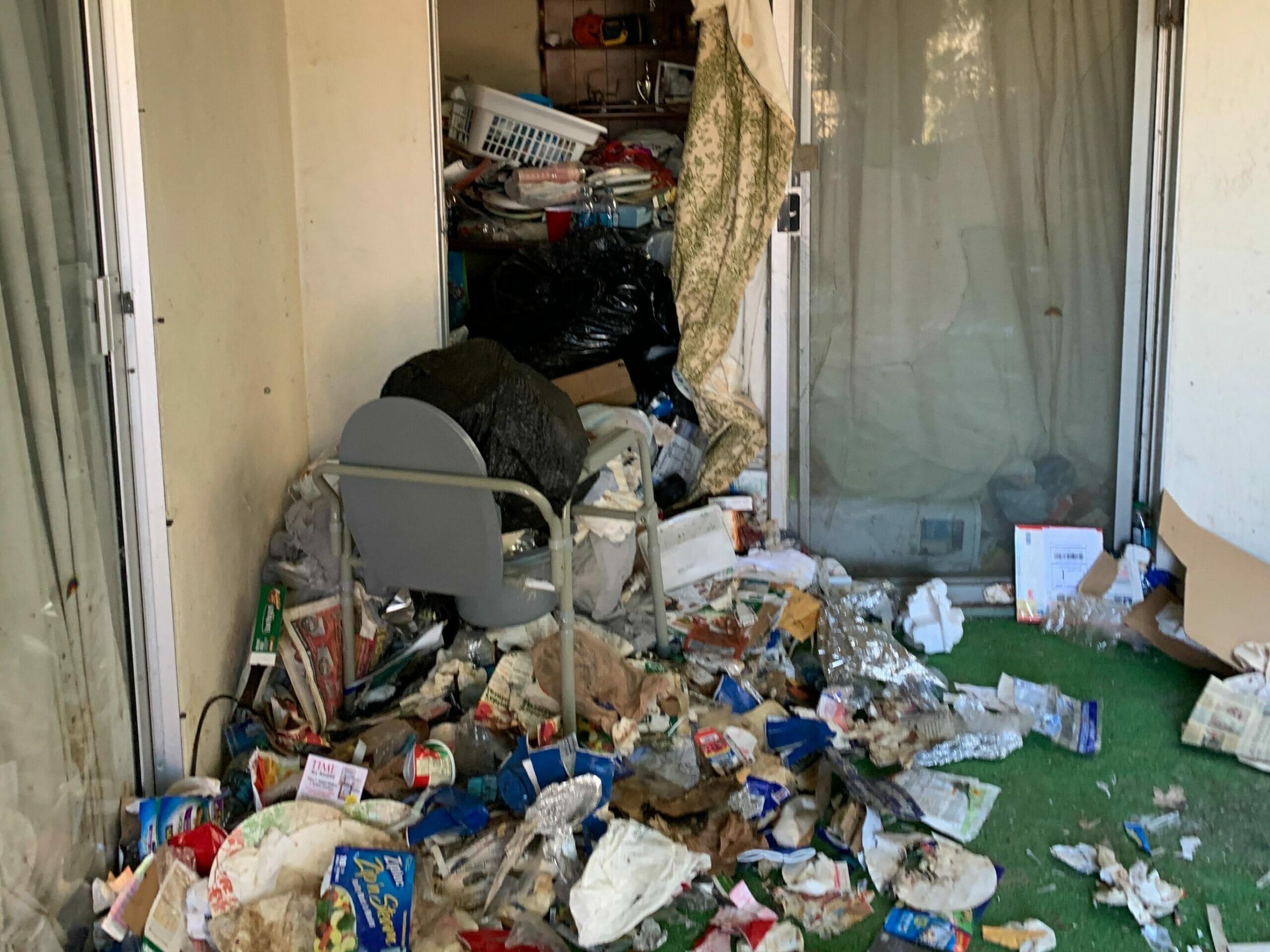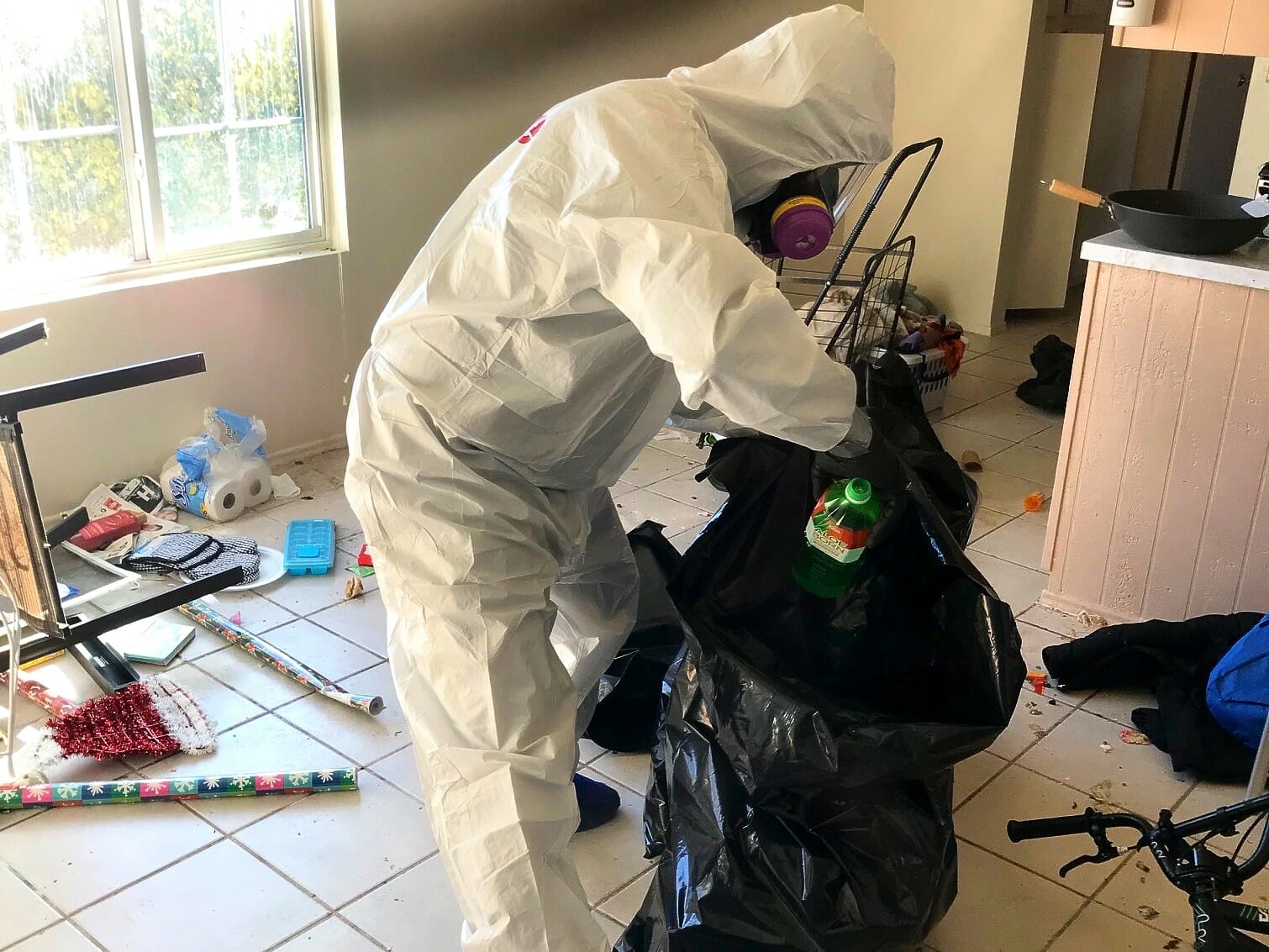
The words “hoarding” and “clutter” are often used interchangeably, but they are not the same thing. Clutter is the accumulation of everyday items that are not organized or put away in their appropriate place. Hoarding, on the other hand, is much more severe and can become a severe psychological disorder. In this blog, we will define the differences between hoarding vs. clutter to help you understand the key distinctions between the two as well as the potential health implications of hoarding disorder.
Clutter might feel overwhelming and disorganized, but the accumulation is generally confined to storage spaces and surfaces. It may be frustrating to clean, but it is not a reflection of underlying psychological health. On the other hand, for those with hoarding disorder, the accumulation of belongings can become dangerously severe to the point where someone’s living conditions become unmanageable.
Hoarding is a potentially serious psychological disorder that typically requires professional intervention. Hoarding disorder is not just a matter of being untidy or messy. It is characterized by several features, including an acquired difficulty to get rid of things, excessive saving and accumulating even if cluttered living conditions have become life-threatening, and frequent dilemmas about getting rid of items. The most common signs of hoarding behavior include:
Clutter is more of a lifestyle issue than an issue with mental health. It means that the accumulation of items is usually manageable, and it typically does not interfere with daily life.

Professional hoarding cleanup services should not be confused with daily house cleaning services or general home organization services. Hoarding cleanup services are provided by licensed professionals who are trained to deal with the complex and intricate issues surrounding hoarding disorder. Hoarding cleanup includes sorting, removing, and disposing of items with compassion and understanding for the individual's needs.
Anyone who may be dealing with hoarding disorder should seek professional help. Hoarding and clutter can have serious health implications, including increased risk of falls, fire hazards, exposure to mold and bacteria, and other infectious hazards. It is vital to understand the difference between hoarding and clutter to seek professional assistance that provides an empathetic approach while ensuring the safety of everyone involved.

In conclusion, distinguishing between clutter and hoarding is essential in identifying the appropriate support and services you or your loved one might need. Having a cluttered home may be frustrating, but it should not be something that interferes with your daily life. However, when the accumulation of belongings becomes severe to the point of potentially becoming a dangerous living condition, it could be a sign of a hoarding disorder.
Professional hoarding cleanup services and psychological support could be the best solution for those struggling with hoarding disorders. We are available 24/7 to help!